The National Assembly Standing Committee has agreed with the Government's proposal to apply option 1 (lower tax rate) on alcohol, beer, and tobacco. (Photo: QH/Vietnam+)
Increase taxes in accordance with the socio -economic situation
One of the notable points of the draft law is the provision to increase tax rates on alcohol, beer, and tobacco. However, in the current socio-economic context, the Government proposes to apply option 1 (lower tax rate) on alcohol, beer, and tobacco, starting from 2027. Accordingly, the National Assembly Standing Committee has agreed to revise the draft law according to this proposal.
Regarding the taxable subjects for air conditioners, the initial proposal to collect special consumption tax on all types of capacity caused much controversy. After receiving opinions from National Assembly deputies, the National Assembly Standing Committee agreed with the Government's proposal, revising the draft law in the direction of only regulating air conditioners with a capacity of over 18,000 BTU to 90,000 BTU subject to special consumption tax.
The Chairman of the Economic and Financial Committee also said that this adjustment aims to ensure the common need for air conditioning among people while focusing on regulating large capacity air conditioners that consume a lot of electricity.
In addition, the addition of sugary soft drinks to the special consumption tax is one of the contents that has received much attention. According to Mr. Phan Van Mai, this proposal is "the first step in the process of implementing solutions to limit the production and consumption of products with a lot of sugar in food and beverages, contributing to the orientation of production and consumption," because this is one of the main causes of overweight, obesity and non-communicable diseases related to diet. To ensure feasibility and create conditions for businesses to have time to adapt, the National Assembly Standing Committee agreed with the proposal of the drafting agency on the implementation roadmap from 2027 to apply a tax rate of 8%, from 2028 to apply a tax rate of 10%.
Particularly, tax rate on pickup trucks: Gradually increase, instead of suddenly increasing tax rate on pickup trucks as originally drafted, the National Assembly Standing Committee agreed with the Government's proposal, adjusting the draft law in the direction of stipulating a 3%/year tax rate increase and starting to apply from 2027.
Regarding the authority to amend and supplement taxable and non-taxable subjects, according to Chairman Phan Van Mai, to ensure compliance with the provisions of the Constitution and the rights and obligations of citizens to pay taxes, the draft law has been revised in the direction: "In case it is necessary to (amend and supplement taxable and non-taxable subjects to suit the socio-economic context in each period, the Government shall submit to the National Assembly Standing Committee for consideration, decision and synthesis into the Government's Report to the National Assembly at the nearest session."
For exported goods that are returned, the burden of double taxation will need to be removed. Therefore, to avoid double taxation on the same product, the draft law has been revised to clearly stipulate: "Exported goods that have paid special consumption tax and are returned by foreign parties upon import are not subject to tax."
Regarding goods imported into bonded warehouses and then exported, the Chairman of the Economic and Financial Committee shared that, accepting the opinions of National Assembly deputies, the draft law has added a provision that no tax will be collected on "Goods imported from abroad into bonded warehouses and then exported to other countries according to customs law," similar to other transit goods.
24 National Assembly deputies spoke and generally appreciated the report on the reception and explanation of the National Assembly Standing Committee and agreed with many contents of the draft law. (Photo: QH/Vietnam+)
Ensure a spirit of inquiry and listening
During the discussion session, 24 National Assembly deputies spoke. In general, opinions highly appreciated the report on the reception and explanation of the National Assembly Standing Committee and agreed with many contents of the draft law.
To complete the draft, opinions focused on taxable and non-taxable subjects, determining special consumption tax on gasoline and air conditioners, additional research on plastics, roadmap and tax rates for alcohol and beer, tax rates for soft drinks and issues related to automobiles, cigarettes and many other contents. The National Assembly Standing Committee said it would direct the drafting agency and the reviewing agency to study and absorb opinions to complete the draft law.
After the discussion, Minister of Finance Nguyen Van Thang further explained some important contents, showing his willingness to learn and listen to the opinions of the National Assembly delegates. In addition, the Minister also clarified issues of public concern, especially regulations related to taxable subjects and tax rates.
Mr. Thang further emphasized the need to impose special consumption tax on sugary soft drinks. According to the Minister, 107 countries in the world have imposed taxes on this item. In ASEAN, 7/11 countries have imposed taxes and he also added that the World Health Organization (WHO) has recommended that Vietnam apply a minimum of 20% special consumption tax on this item. In addition, for soft drinks (such as coconut water), the Minister said that based on national standards announced by the Ministry of Science and Technology, they will not be subject to tax (including milk and dairy products, liquid foods for nutritional purposes, natural mineral water and bottled drinking water, pure vegetable and fruit juices and cocoa products).
Regarding air conditioners, Minister Nguyen Van Thang said that accepting the opinions of National Assembly deputies on raising the taxable capacity, the Drafting Agency has included in the draft a tax on air conditioners from 18,000 to 90,000 BTU or can study from 20,000 BTU or more.
Regarding gasoline, the Minister of Finance emphasized that environmental pollution in Vietnam is getting worse, while the Government committed at COP26 to reduce emissions to zero by 2050 as committed at COP26. This is a very difficult commitment for Vietnam and if there is no tax on gasoline, it will be difficult to change the behavior of traffic participants (switching to using electric vehicles and the Metro system...). Accordingly, he defended the imposition of special consumption tax on gasoline as being consistent with Vietnam's commitment to reduce emissions. Moreover, the imposition of both taxes and fees is also consistent with international practice and the goal of regulating consumption and increasing budget revenue.
Regarding nylon bags and plastic products, Mr. Thang said the Ministry of Finance will continue to study the use of tax sanctions to limit these environmentally polluting products. The tax application period will be carefully considered to ensure the National Assembly's goals and avoid causing shock to businesses./.
According to VNA
Source: https://baothanhhoa.vn/hop-quoc-hoi-de-xuat-tang-thue-tieu-thu-dac-biet-voi-ruou-bia-thuoc-la-tu-nam-2027-248189.htm


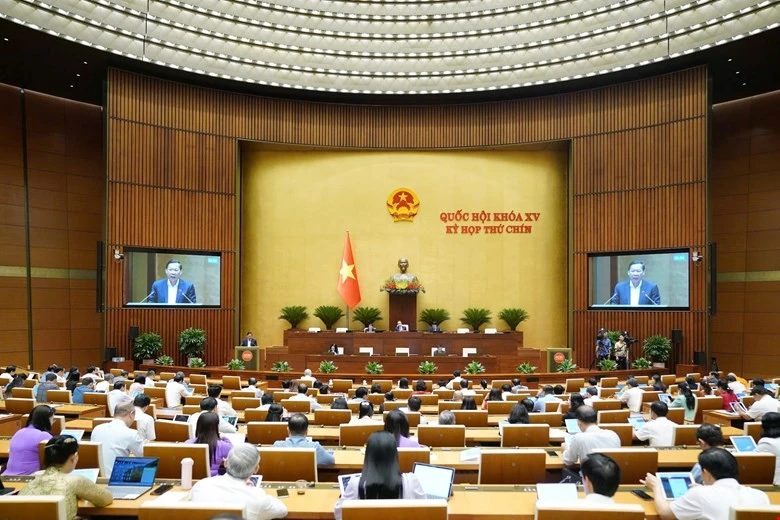
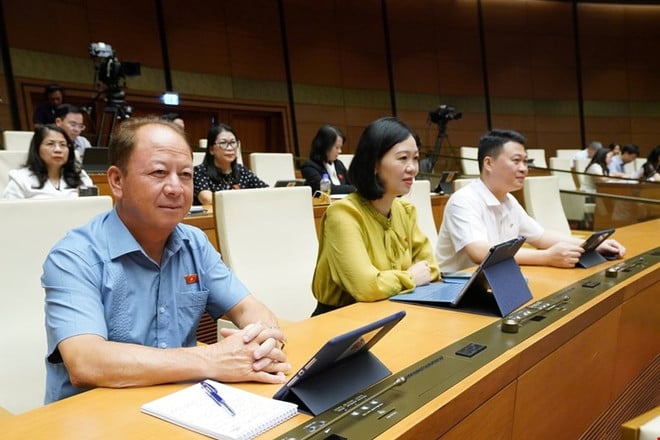


![[Photo] Journalists moved to tears at the Memorial Service for the soldiers who died in Gac Ma](https://vphoto.vietnam.vn/thumb/1200x675/vietnam/resource/IMAGE/2025/5/30/9454613a55c54c16bf8c0efa51883456)


![[Photo] A delegation of 100 journalists from the Vietnam Journalists Association visits the soldiers and people of Truong Sa island district.](https://vphoto.vietnam.vn/thumb/1200x675/vietnam/resource/IMAGE/2025/5/30/0984a986227d4e988177f560d2e1563e)
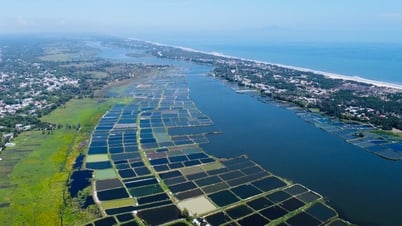

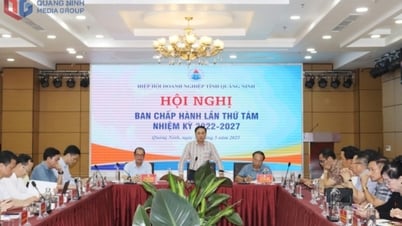

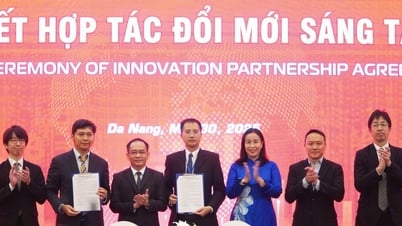
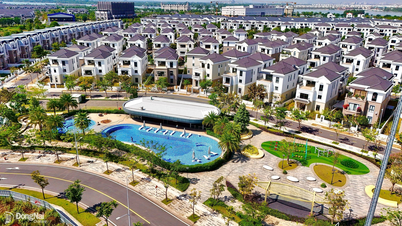

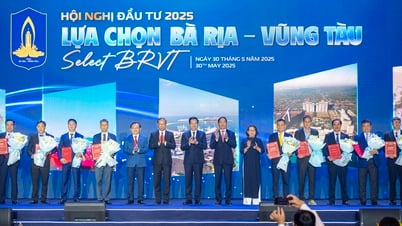

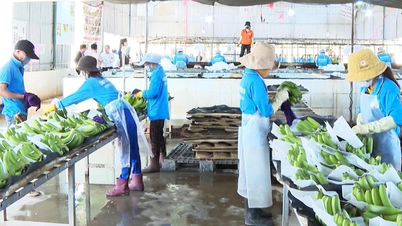





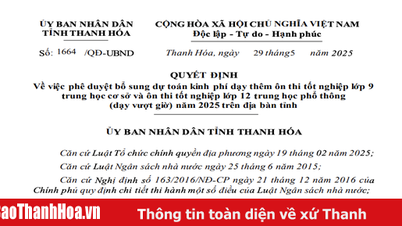
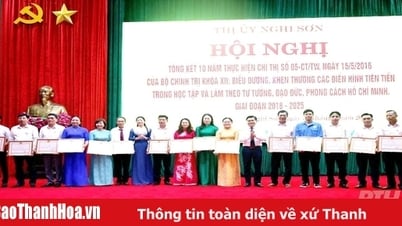


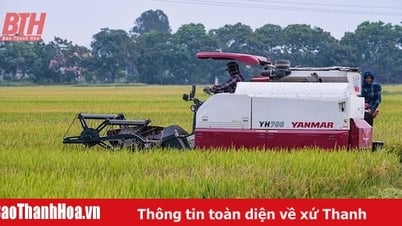
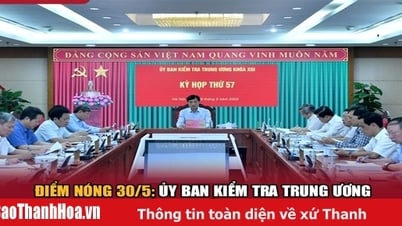
![[Photo] Prime Minister Pham Minh Chinh attends the event "Digital transformation of the banking industry by 2025"](https://vphoto.vietnam.vn/thumb/1200x675/vietnam/resource/IMAGE/2025/5/29/0e34cc7261d74e26b7f87cadff763eae)




















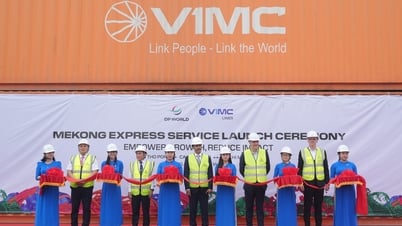






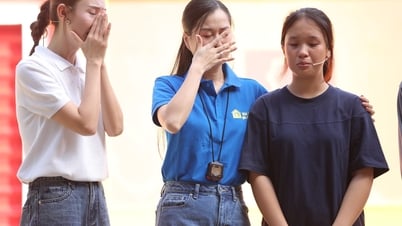









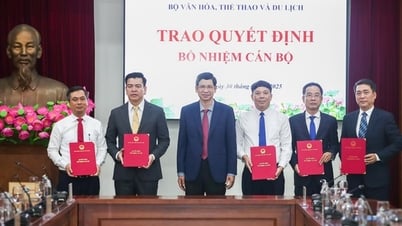







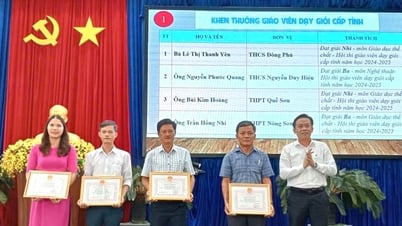
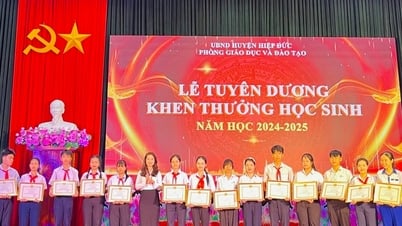







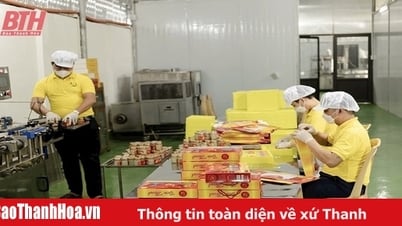
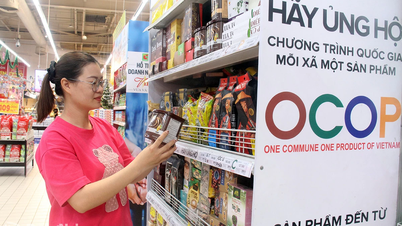




Comment (0)